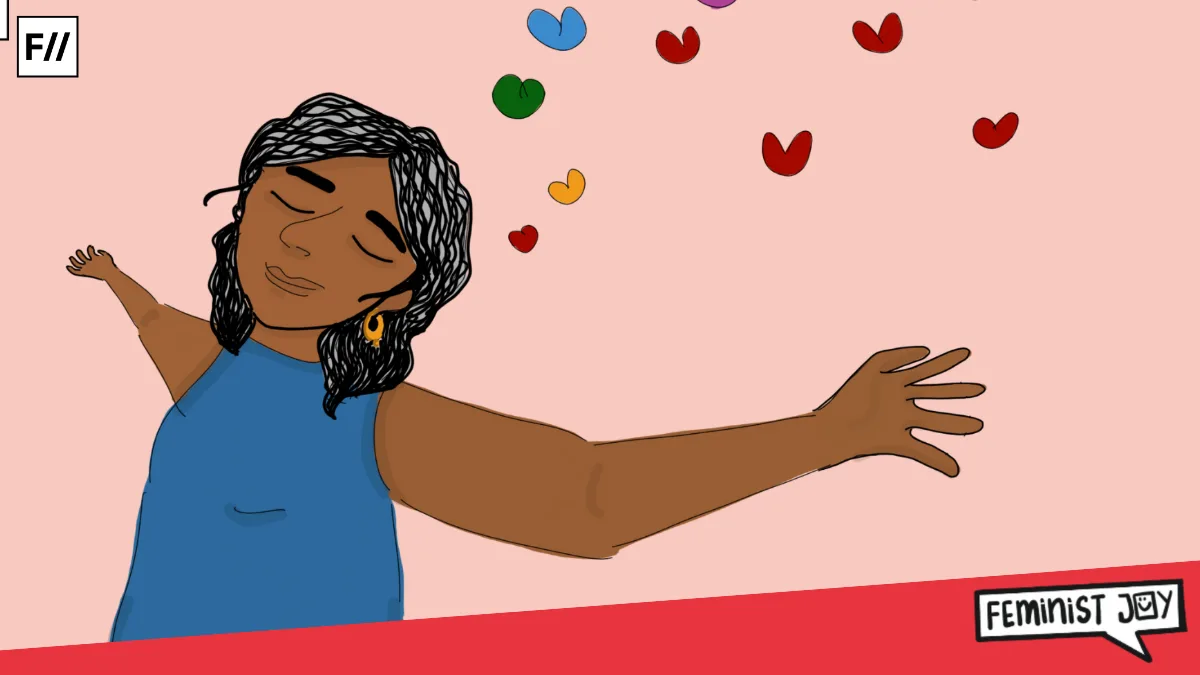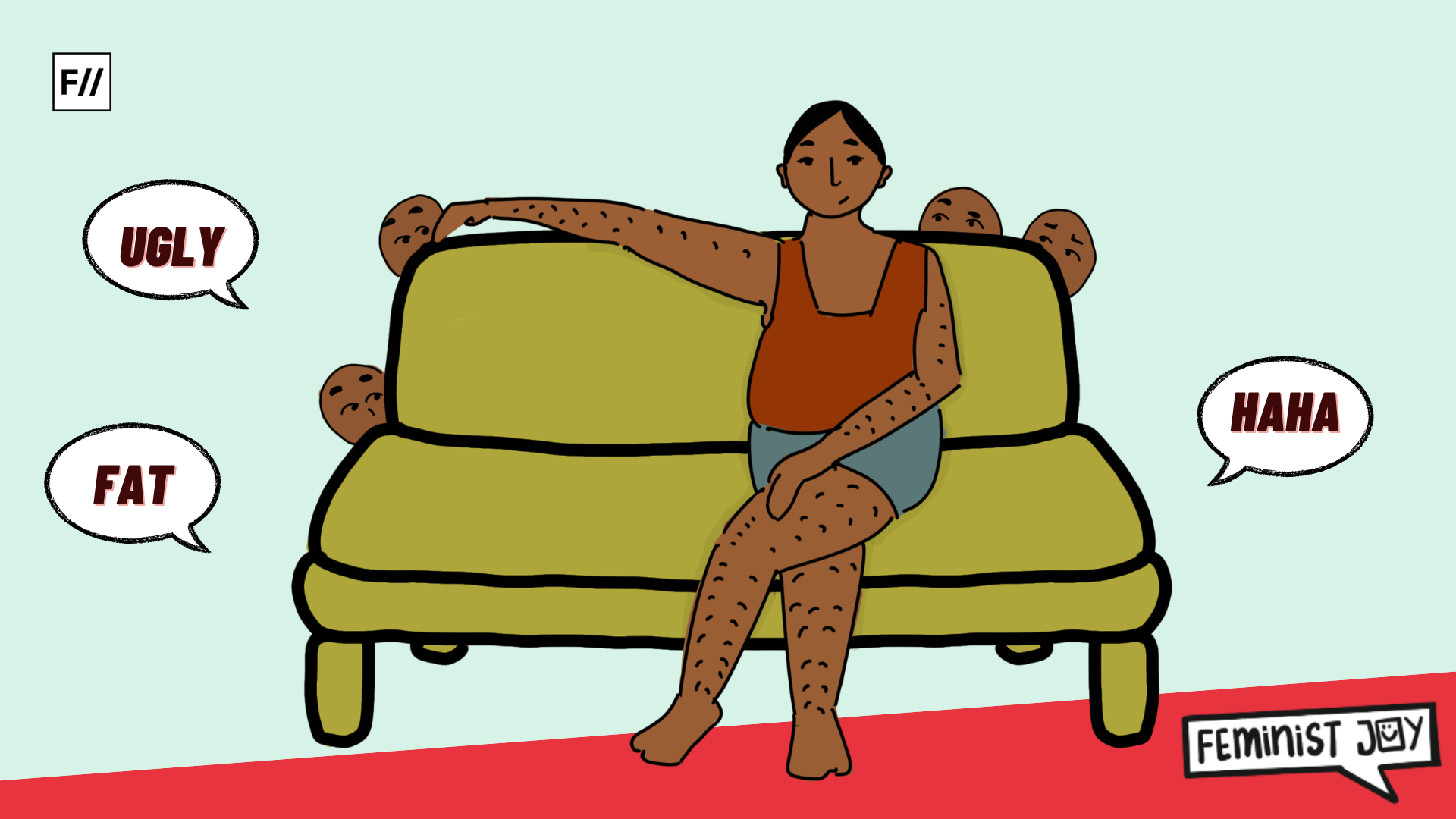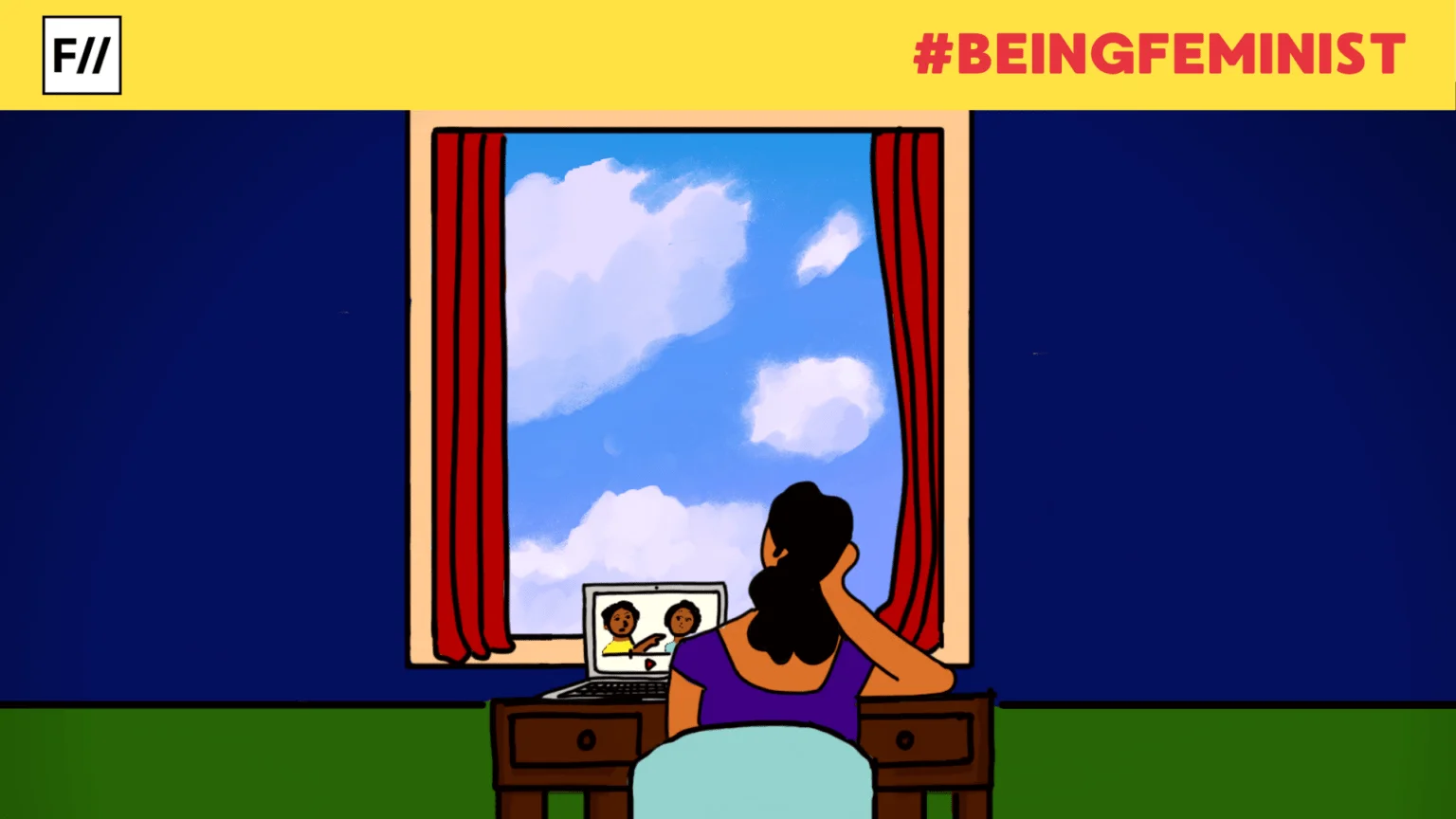Anger surges through me every time I pull out a spoilt curry or a rotting vegetable from the frustratingly ancient refrigerator, whose erratic cooling turns food wastage into a regular sight — just like the ever-present puddles from leaks and random patches of frost.
I then follow my mother around for hours, trying to convince her to buy a new refrigerator — reasoning with her, telling her how much less time it would take, complaining about the taste of food, even launching into a sermon on food wastage and sustainable living. That’s usually the point at which I’m swatted away.
She never really tells me why she doesn’t want to buy a new refrigerator. Trying to make sense of it, I find myself tracing back to the day it arrived.

I remember coming home from school one day — eight years ago — and finding it sitting there. Excited at the sight of a new appliance, I asked her, “When did Dad buy it?”
Mom replied, “Your dad doesn’t know about it.”
I was shocked. Mom doesn’t buy such big things — that was the first thought that ran through my head.
Only Dad had “big money” for fridges.
My post-graduate-turned (rather, forced-to-be-turned) homemaker mother barely had any agency, even to shape her immediate environment, in a deeply patriarchal household entrenched in sexist norms.
Indeed, in the twelve years of my existence, all the major financial decisions in the household had been taken by my father: cars, appliances, furniture — even kitchen utensils.
My mother was given an allowance for minuscule things — groceries, staples, and clothes: the things needed to keep the house running, not the things needed to shape it. My post-graduate-turned (rather, forced-to-be-turned) homemaker mother barely had any agency, even to shape her immediate environment, in a deeply patriarchal household entrenched in sexist norms.
Needless to say, such a bleak situation created in her a frustration bound to boil over. That tipping point came when the last leg of the patriarchal horse was finally broken, and my mother had to endure domestic abuse — in front of my eyes.
That was when she decided to take up a job. A small job as an assistant in HR, with a meagre salary, in a company that allowed work from home — because she wasn’t allowed to go out at the expense of her household duties. Never mind that she knew nothing about HR. Never mind that her household chores weren’t reduced even once she began working. She still managed to grow through the ranks, becoming the head of her department within five years, steadily increasing her income.
She didn’t do it alone. She learnt to seek support from others — from other women. She faced resistance. Fights in our home were frequent and increasingly explosive. But she persevered — leaning on women who, like her, came from similarly patriarchal environments.
And it was through one of them — whose husband managed an electronics store — that she set out to buy a refrigerator. Not for the household. For herself.

And that was the story of my mother’s financial empowerment — how, for the first time ever, she managed to buy a refrigerator. Without asking anyone. Without informing anyone. With her own money.
Perhaps that’s why she refuses to part with it. It stands for her long struggle to break free from patriarchal shackles and reclaim her voice and her self-worth. And perhaps it stands for my feminist joy too.
Her resilience provided me with my own strength. It is because of her unwavering resistance that I have found the courage to speak, the space to dream, and the will to pursue my ambitions — even if it meant flying across the country. She taught me that there is joy in creating space for oneself — in speaking, in choosing, and in existing with agency.
That day, perhaps for the first time, I realised that women in our household could too — talk, move about, buy, and create for themselves.
Presently, I hear a rumbling — the refrigerator’s run-down compressor. Maybe I’ll tolerate it a little longer, I think to myself.
About the author(s)
Sohalika Shrivastava is a 3rd year student at IIT Madras out and about to carve a niche for herself. In her free time she likes to read about and learn animal fact




